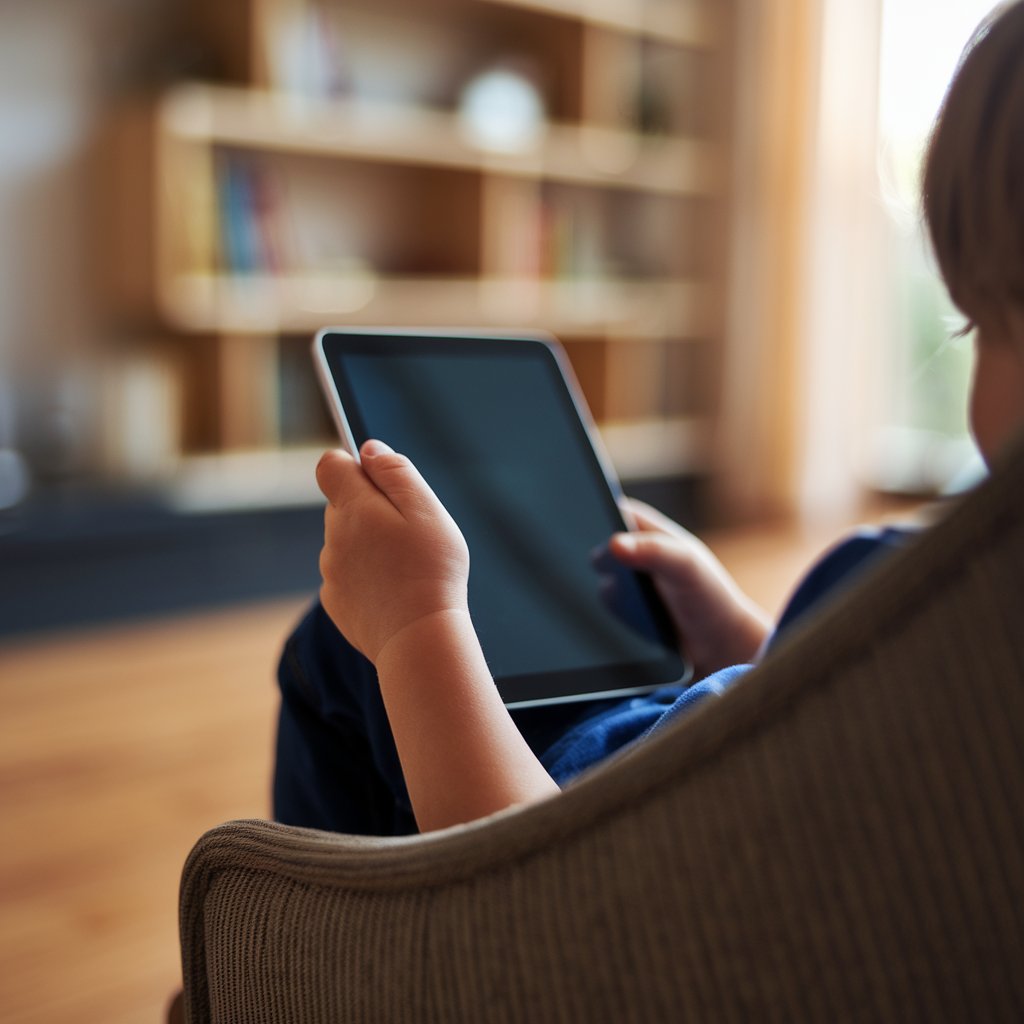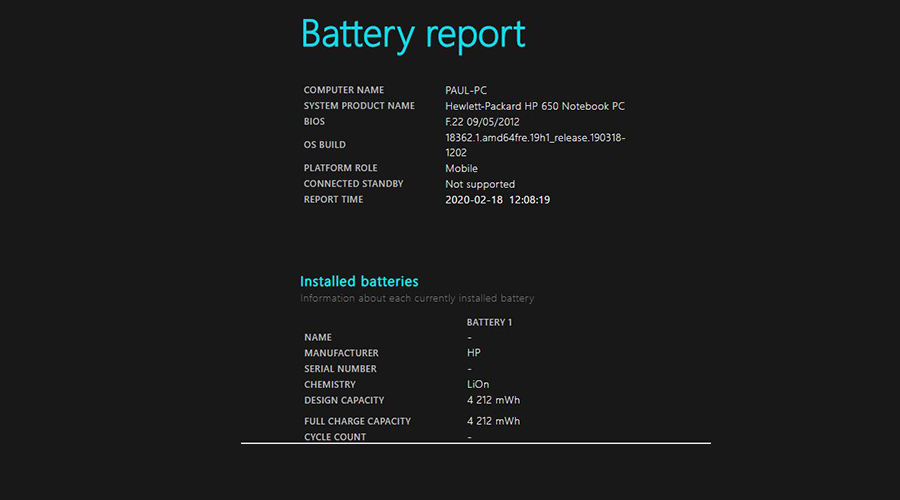
How can we protect our children from screen addiction ?
Screens are now an integral part of our daily lives, but excessive use of them can have negative consequences for children's development. The AAP, the leading US authority on children's health, has issued guidelines to help parents manage their children's use of screens. From toddlers to teenagers, discover the AAP's recommendations for a balanced use of screens.
The role of screens in children's development
Children are exposed to digital screens for a variety of activities, including learning, entertainment and familiarising themselves with their environment. However, studies have shown that excessive use of smartphones, tablets or computers can lead to eyestrain, pulling sensations and migraines.
Children (and adults) are also exposed to sleep disorders, concentration problems and even the risk of cardiovascular disease. To prevent and alleviate these symptoms, the AAP proposes practical solutions to limit screen time and protect our children's well-being.
The AAP's recommendations for children's well-being
- Under 2 : No individual screen time, children must be accompanied by an adult when looking at screens.
- 2 to 5 years : screen time is limited to a maximum of 1 hour a day, with priority given to educational programmes.
- From the age of 5 : clear rules must be established, to prevent the media replacing essential activities such as sleep and family time. It is advisable to establish a timetable and choose appropriate content.
By following this advice, you can help your children to develop healthy screen habits and enjoy all the benefits of the real world.
Source : phonandroid
Vanessa Ntoh








